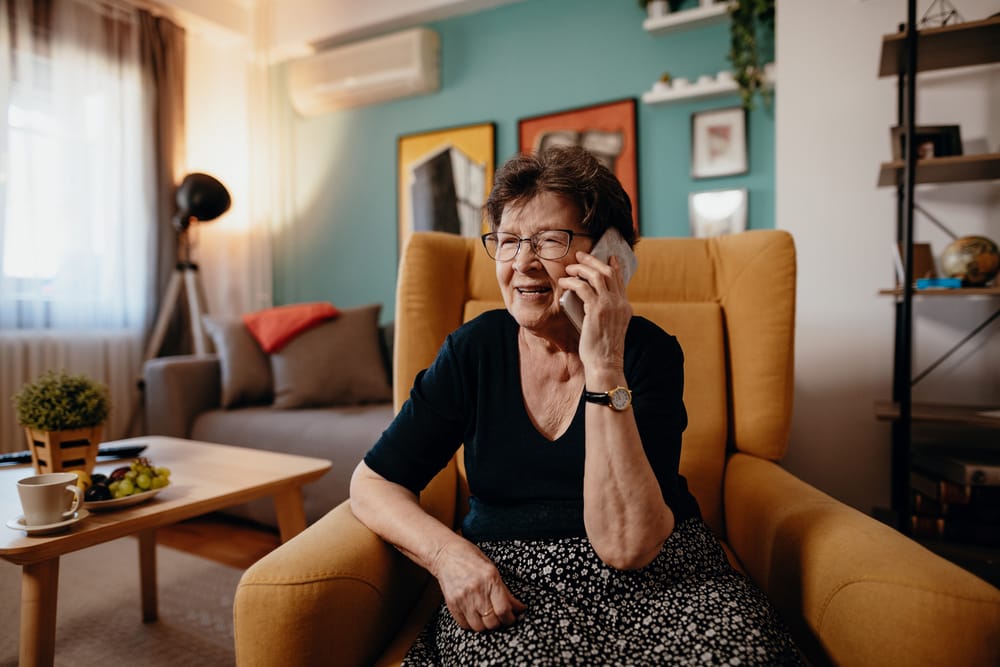FTC Warns of Hospice Fraud Scams

Scammers are getting creative in their attempts to take advantage of older adults.
According to a recent alert by the Federal Trade Commission (FTC), scammers target consumers by offering ‘free perks’ — cooking, cleaning, or home care services—in return for Medicare numbers.
If such offers are received, this could mean a scammer is trying to commit hospice fraud.
How Hospice Fraud Scams Work
According to the FTC, scammers may reach out through:
- Phone calls and text messages claiming free services
- Emails offering in-home perks
- Fake advertisements online or in flyers
- Door-to-door visits with promises of housekeeping, groceries, or healthcare services
So, what’s the catch?
Scammers are looking to illegally enroll targets in Medicare-funded hospice care — often without their knowledge. Once you’re signed up, they bill Medicare for hospice services in your name, whether you need them or not.
What they don’t tell you is that hospice care is designed for people with terminal illnesses and requires certification from a doctor confirming a life expectancy of six months or less. Being fraudulently enrolled in hospice can jeopardize the Medicare benefits of victims, including their ability to get medical care in the future.
“Anyone who tells you differently is a scammer,” the FTC warned.
Moreover, sharing Medicare numbers lets scammers commit additional forms of identity theft fraud in their victims’ names.
How to Protect Against Hospice Fraud Scams
To stay safe and avoid becoming a victim, follow these important tips:
- Never give your Medicare number to someone offering free services like cleaning or cooking. Medicare does not provide these services for free.
- Avoid signing up for services in exchange for perks. Scammers may try to entice you with money, gift cards, or groceries in exchange for signing up for hospice care. This is always a red flag.
- Watch out for Medicare impostors. Medicare will never come to your home to sign you up for services. If someone shows up at your door claiming to represent Medicare, they’re lying.
- Talk to your doctor or health professional: Only a licensed doctor can certify that you need hospice care. If someone tries to sign you up without consulting your doctor, it’s a scam.
To check for scam correspondence or fraudulent proposals, ask Bitdefender Scamio, our AI-powered tool dedicated to identifying scams. When unsure about an email, text, or social media ad, you can check it with Scamio on WhatsApp, Facebook Messenger, web browser or Discord for free!
Read more about Medicare scam calls in this dedicated article.
What to Do If You Suspect a Hospice Scam
- Do not engage with the scammer. Hang up the phone, close the door, or delete suspicious messages.
- Report the incident to Medicare by calling 1-800-MEDICARE.
- File a complaint with the Federal Trade Commission (FTC) at ReportFraud.ftc.gov.
- Inform family members and friends so they can protect themselves, too.
When in doubt, remember: Medicare will never send representatives to your home or offer free in-home services like cooking and cleaning. If something sounds too good to be true, it probably is.

